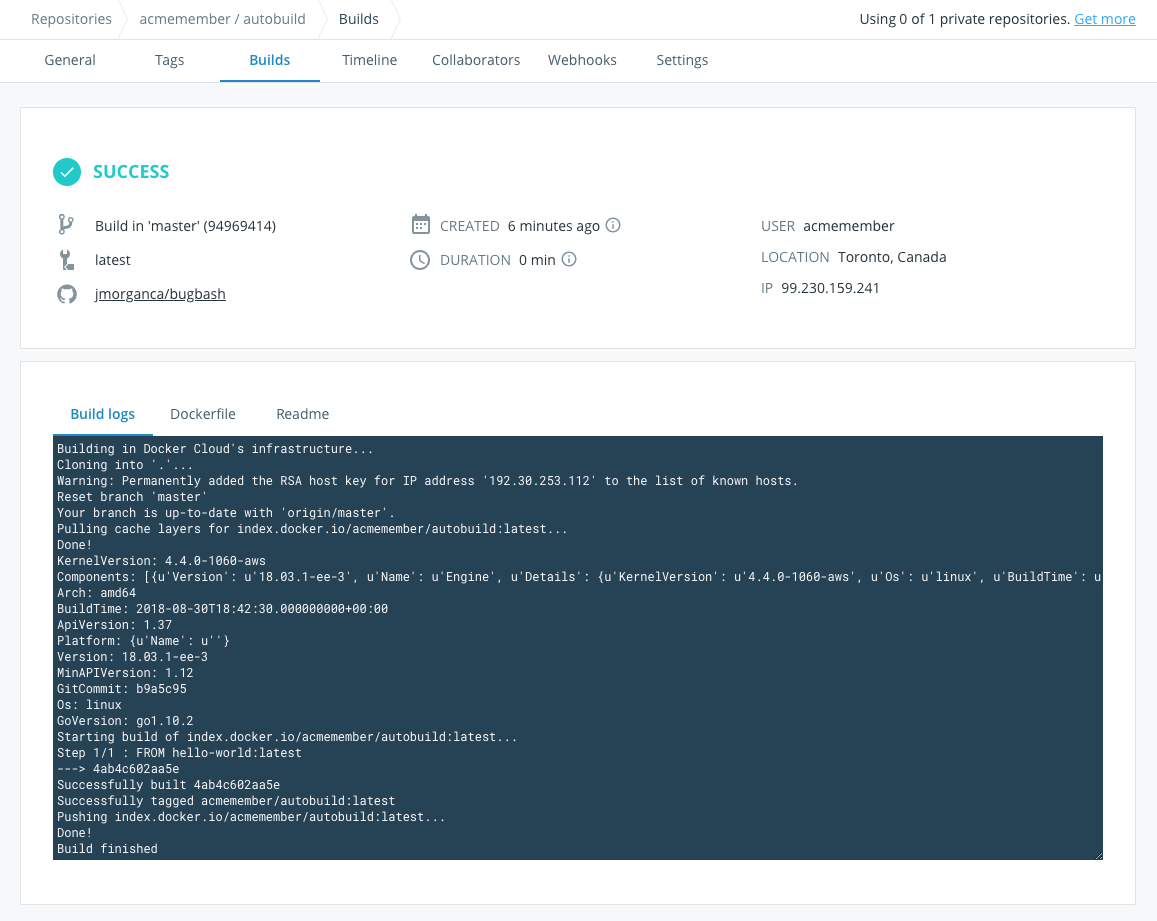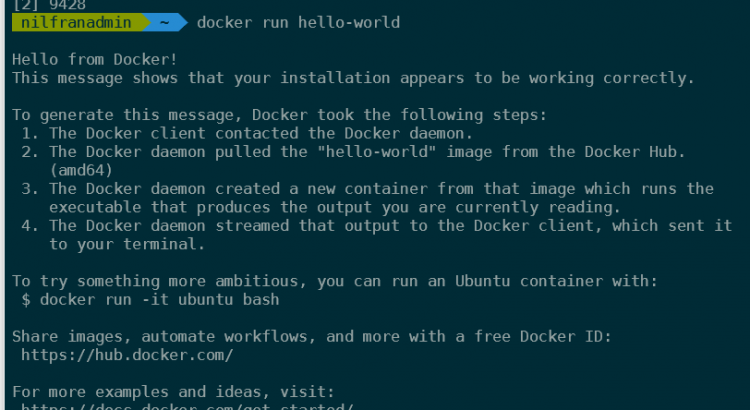An official LibreNMS docker image based on Alpine Linux and Nginx is available on DockerHub. Documentation can be found on the Github repository. If you want to install manually then we have some documentation which should make it easy. This document includes instructions for: Ubuntu 20.04; RHEL / CentOS 8; Debian 10; Install LibreNMS.
The command “systemctl status” is not working. It never has. My container is on CentOS 7. When I issue “systemctl status” I get results “Failed to get D-Bus connection: operation not permitted.”
I then looked into upgrading systemd. I removed the /etc/yum/protected.d/system.conf file. I then used yum remove systemd. I see that systemd version 219-19.el7_2.4 has been installed. I choose “N” to not actually remove systemd. I then installed systemd-libs-219-19.el7_2.7.x86_64.rpm. I then installed systemd version 2.7. I then used yum remove systemd just to determine the version. I see that systemd version 219-19.el7_2.7 is installed. I choose “NO” to abort the removal. systemctl status still does not work. I get the same error: “Failed to get D-Bus connection: operation not permitted.”
I tried creating a Docker container with the -privileged flag. When I used the “-p 80:80” option, the Docker run command failed. When I left out the “-p 80:80” option in my Docker run command, the new container had the same problem.

- Ubuntu 18.04.3 with Linux kernel 5.3 Ubuntu 18.04.3 with Linux kernel 5.6 for 10th Generation Intel® Core™ Processors (formerly codenamed Ice Lake ) and 11th Generation Intel® Core™ Processor Family for Internet of Things (IoT) Applications (formerly codenamed Tiger Lake) Ubuntu 20.04 with Linux kernel 5.4; CentOS 7.6 with Linux kernel 5.3.
- A non-root user with sudo privileges configured by following the Initial Server Setup with Ubuntu 18.04 guide. One Ubuntu 18.04 server with Docker installed, set up by following this tutorial or with the DigitalOcean one-click Docker image. Nginx installed by following step one of the How To Install Nginx on Ubuntu 18.04 tutorial.
I tried creating a Docker container with the -privileged flag. When I used the “-p 80:80” option, the Docker run command failed to create a new container. When I left out the “-p 80:80” option in my Docker run command, the new container had the same problem.
I created a Docker container with a “docker run” … “-v /sys/fs/cgroup:/sys/fs/cgroup:ro” option. But I had the same problem.
I expect “systemctl status” to work. I don’t know if the problem is with how I created the Docker container. Reinstalling (or upgrading) systemd did not work. What should I do to get “systemctl status” to work in a Docker container?
Today we are delighted to introduce the new Minimal Ubuntu, optimized for automated use at scale, with a tiny package set and minimal security cross-section. Speed, performance and stability are primary concerns for cloud developers and ops.
“The small footprint of Minimal Ubuntu, when deployed with fast VM provisioning from GCE, helps deliver drastically improved boot times, making them a great choice for developers looking to build their applications on Google Cloud Platform,” said Paul Nash, Group Product Manager, Google Cloud.”
Smaller and faster, for automated cloud operations
Minimal Ubuntu is the smallest Ubuntu base image for your cloud operations. These images are less than 50% the size of the standard Ubuntu server image, and boot up to 40% faster. Images of Minimal Ubuntu 16.04 LTS and 18.04 LTS are available for use now in Amazon EC2, Google Compute Engine (GCE), LXD and KVM/OpenStack.
Tiny container base image
The 29MB Docker image for Minimal Ubuntu 18.04 LTS serves as a highly efficient container starting point, and allows developers to deploy multicloud containerized applications faster. For modern Docker workflows with Kubernetes, the minimal Ubuntu image provides a balance of compatibility, familiarity, performance and size. This is the standard Ubuntu 18.04 LTS image on the Docker Hub.

Cloud images also contain the optimised kernel for each cloud and supporting boot utilities.
Fully compatible with all Ubuntu packages
While the footprint of Minimal Ubuntu is greatly reduced, it preserves full compatibility with standard Ubuntu operations. Any Ubuntu package can be installed on Minimal Ubuntu. Get exactly the image you need by simply adding your required packages, with dependencies, to a Minimal Ubuntu base image.

Minimal Ubuntu is designed for completely automated operations, with none of the usual human-friendly utilities for comfortable interactive usage. Editors, documentation, locales and other user-oriented features of Ubuntu Server have been removed. What remains are only the vital components of the boot sequence. Images still contain ssh, apt and snapd so you can connect and install any package you’re missing. The unminimize tool lets you ‘rehydrate’ your image into a familiar Ubuntu server package set, suitable for command line interaction.
Optimized for cloud hypervisors
Minimal Ubuntu uses the optimized kernels on Amazon Web Services and Google Cloud. The downloadable Minimal Ubuntu image ships with a KVM-optimised kernel and tuned for boot speed and size.
Minimized security cross-section
With fewer installed packages, Minimal Ubuntu images will avoid some security vulnerabilities and require fewer updates over time. Use of Minimal Ubuntu will reduce overall bandwidth consumption for an institution and require less storage.
Download for private clouds, published on public clouds
Minimal Ubuntu images for private clouds are available for download at http://cloud-images.ubuntu.com/minimal/releases/
Minimal Ubuntu images are available on AWS and Google Cloud.
On AWS, see the listing of minimal images at US-WEST 2 minimal images
and on Google Cloud use the SDK CLI with:

Using Minimal Images from Dockerhub
Docker Hub Ubuntu 18.04
On Dockerhub, the new Ubuntu 18.04 LTS image is now the new Minimal Ubuntu 18.04 image. Launching a Docker instance with docker run ubuntu:18.04 therefore launches a Docker instance with the latest Minimal Ubuntu.
Talk to us today
Docker Hub Ubuntu 18.04.2
Interested in running Ubuntu in your organisation?
Docker Hub Ubuntu 18.04
Newsletter signup
